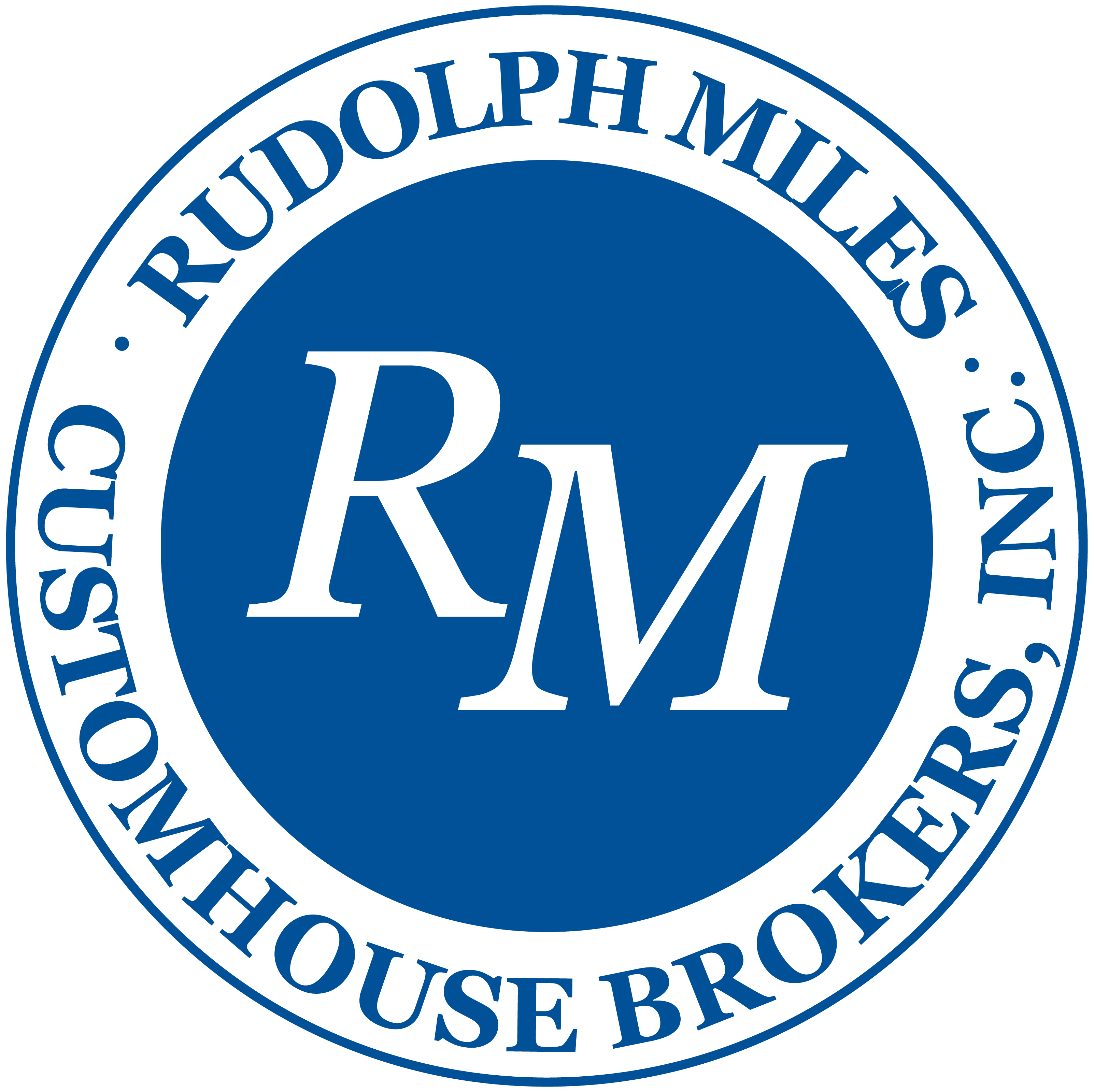
With things always changing, of course, this could become difficult to keep up with. When it comes to product classification, there is an equal amount of confusion at times. So we thought we’d take a look at some of the important moments in history that deal with trade and some of the regulations that we run into all the time.
So What Was the Smoot-Hawley Act Anyway?
This law goes back all the way to the 1930s. It increased tariffs dramatically. As you might remember, the United States was in the throes of the Great Depression during this time. This meant that there was a lot of suffering farmers and workers and in order to help this, the government thought it would be a good idea to raise import tariffs. Instead of helping, however, it tended to have an adverse effect: food prices rose. For many people, this Act continues to show how dangerous trade protectionism can be when not carefully considered. Since then, free trade agreements are really part of what most countries strive for with other nations. In fact, trade can be used as a way to exert some pressure over countries that might be committing unfavorable actions. The U.S, for example, does not trade with North Korea.
The Smoot-Hawley Act was well-intentioned but ended up causing great disruption to the United States economy. Legislators liberally added protections to their own states and by the end of it all, the bill had created tariffs for more than 20,000 imported goods.
The Mod Act — Compliance and Reasonable Care
Another important change to look at happened in the 1990s. The United States Customs Modernization Act amended a lot of the laws that had been imposed in 1930. This is also referred to as the Mod Act. This act really brought to bare two major concepts: reasonable care and informed compliance.
The reasonable care provision basically means that every importer has a duty to provide Customs and Border Protection with accurate information regarding the admissibility, tariff classification, value, and origin of the imported goods. In addition to that, importers must provide information that shows that it is complying with other laws and regulations.
When a shipment comes into the United States, the part of CBP that clears the shipments is called the ‘importer of record.’ The ‘entry’ refers to the documentation needed for CBP to determine reasonable care.
The Harmonized System — Classification of Goods Across Borders
In the early 80s, the World Customs Organization agreed to a single numbering system. This came to be known as the harmonized system of classification. This was meant to create some kind of consistency and try to minimize a lot of the confusion that came with customs regulations in different countries. It certainly helped to make the classification a little simpler and more consistent, but the liability is still with the importer to ensure that the classification is correct and documented correctly. Part of a custom brokers job—in many cases— is to help the importer classify the goods.
The Role of the Customs Brokers — Streamlining the Process
Because clearing shipments has become exceedingly complex, custom brokers are there to help streamline and guide importers through the process. Thanks to electronic filing and other technologies, the process of clearing a shipment have become somewhat easier, but it is still complex and ever-changing. It’s why importers hire the hand of the customs broker, as they are well-trained and licensed professionals that are allowed to conduct business on behalf of others. The customs broker also obtains the power of attorney from the importer and this means that there is a huge responsibility in the hands of the broker. We are here to provide the right guidance and navigation through the complex CBP process. Because the law holds the importer ultimately liable for misstatements and mistakes, a reliable and trusted custom broker becomes even more important.
Get a Reliable and Trusted Customs Broker
Anyone that has done international trade will tell you that there is a lot of paperwork, forms, and technical staff to fill in. Whether you are importing and exporting, the details can sometimes change based on each country or particular situation going on at the time. As stated above, customs law holds the importer ultimately responsible for classifying and entering the products correctly. Because of the complexity of clearing the shipments, a customs broker—who is knowledgeable and privy to the many changes in the industry— is a key asset to any importer or exporter. Call RM Customhouse today and find out how we can help you import or export your goods successfully and in full compliance with the laws.

